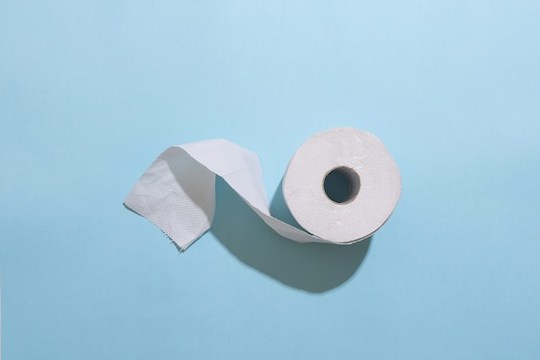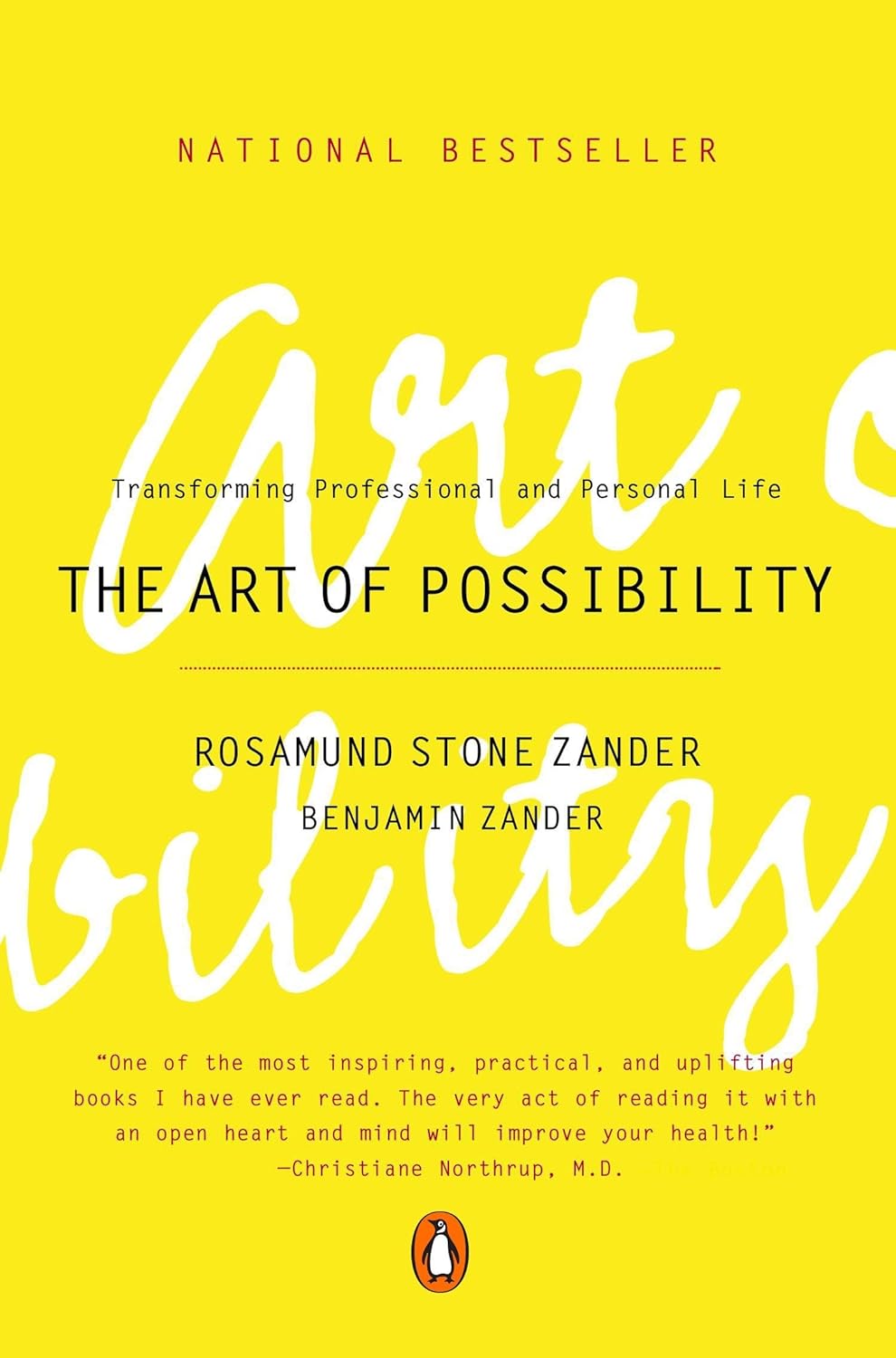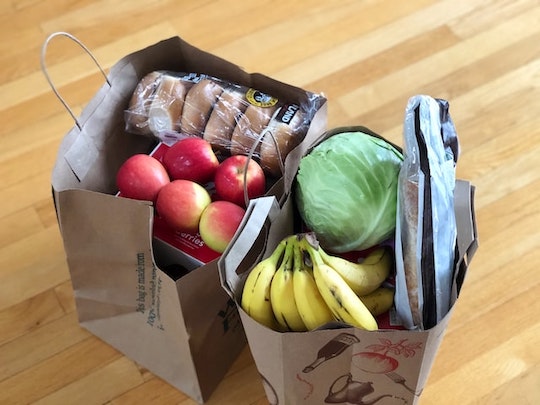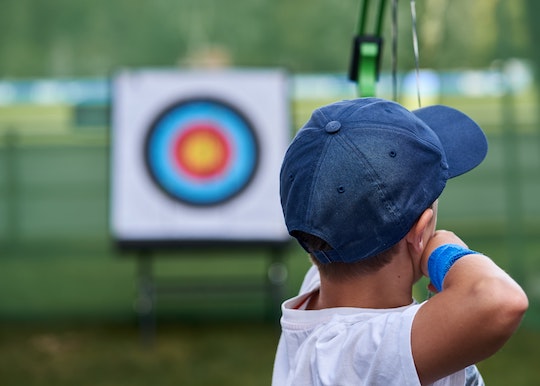“Clarity about what matters provides clarity about what does not.”
—Cal Newport, Professor at Georgetown University
Someone once said that life is like a toilet paper roll — the more sheets you use the faster it spins.
Let’s say you begin life with 1,000 sheets. That’s 12 sheets per year, one for each month. How many of your sheets are left given your current age?
When you take a look back over your life, how much of it is a blur — or worse yet — was wasted on people and things that did not really matter?
With this hindsight, what intentional adjustments do you intend to make moving forward?
EXERCISE:
Create two list for yourself:
- What truly matters
- What doesn’t
With this clarity, sort your items into the categories of More, Less, Start, and Stop, to guide your future efforts.
Consider sharing your intentions with a family member, friend, colleague, or coach to support you now and in the future.





